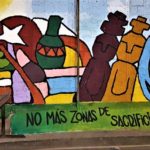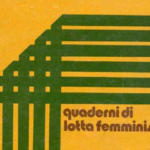What is Political Power?
The surprising trajectory of the Bernie Sanders campaign has revived discussions of socialist politics. And renewed interest in socialist politics has brought a renewed interest in Marxist theory, specifically about the state. This isn’t surprising, because there’s a lot to explain.
 Viewpoint Magazine
Viewpoint Magazine







